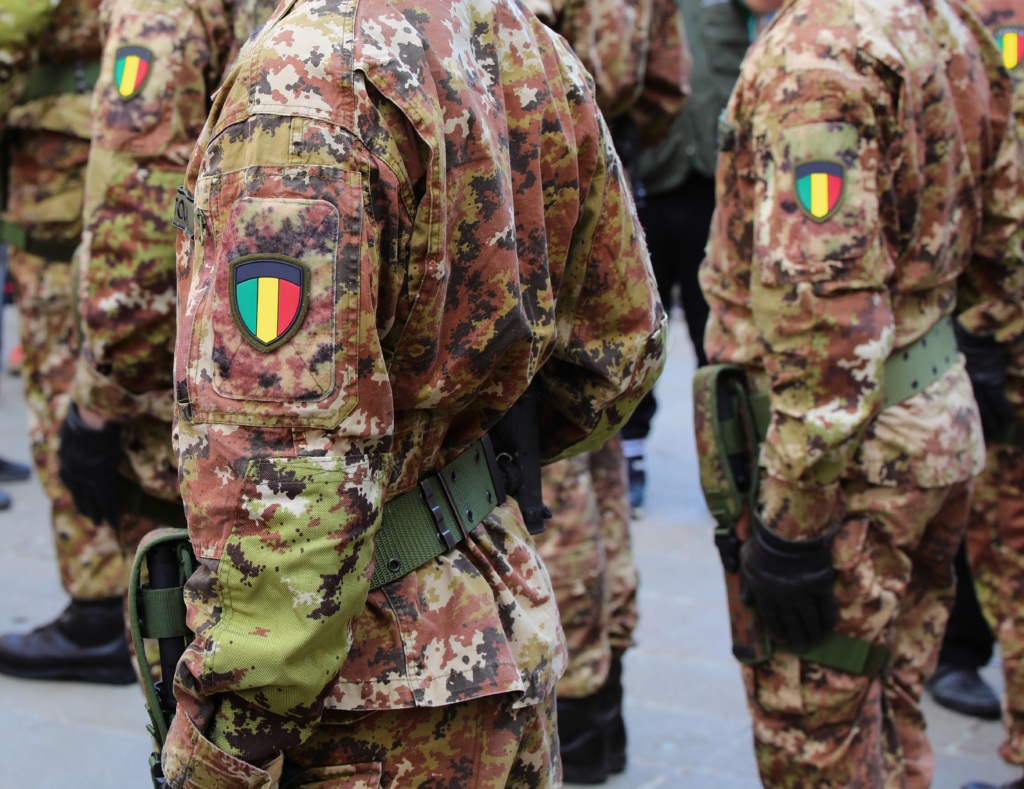
Mali
$10.9 Million
The Wagner Group deployed to Mali in December 2021 under a $10.9 million per month contract to provide security services and military training.
600
Since their arrival, Wagner has been accused of operating ruthlessly, killing at least 600 people in Mali.
143
There have been 143 documented incidents of violence across central and northern Mali, particularly in the Segou, Mopti, Timbuktu, Gao, and Kidal regions.
BACKGROUND
The Wagner Group deployed to Mali in December 2021 under a $10.9 million per month contract to provide security services and military training. Their primary objective was to support Malian operations against jihadist insurgents and separatists. However, since their arrival, Wagner has been accused of operating ruthlessly, killing at least 600 people in at least 143 documented incidents of violence across central and northern Mali, particularly in the Segou, Mopti, Timbuktu, Gao, and Kidal regions.
Wagner fighters have been implicated in the deaths of civilians during counterinsurgency operations and have been accused of conducting drone strikes, looting towns, and engaging in information warfare. Additionally, Wagner members have been reported to engage in pervasive sexual violence against Mali civilians. The Malian military (Forces Armées Maliennes, or FAMa), jihadist organizations, and Wagner employees have all engaged in widespread violence that has contributed to instability and internal displacement in the country.
EXTENDING CONTROL
In extending its control north and east from the capital of Bamako, Wagner constructed 31 bases, ranging from multi-acre encampments like its headquarters in the Bamako airport, to outposts and helipads. To help fund its infrastructure and operations, Wagner commandeered five gold mines and one bauxite mine in the southwest, along with an artisanal gold mine in the north near Gao. Wagner-linked violence reached its peak in early 2022, with the group’s involvement in the deaths of over 450 civilians across nine separate incidents between January and mid-April. The group’s presence was largest in early 2023, with mercenaries numbering close to 2,000 men.
The Wagner Group has killed hundreds of civilians in several significant incidents in Mali, according to multiple reports. Their activities began to draw attention in early 2022: on February 20, Wagner and FAMa forces were reported to have killed 35 civilians during an operation in the town of Dogofry. The most severe incident occurred on March 27–31, 2022 in Moura, where Wagner and Malian forces were accused of killing between 300 and 500 civilians following an encounter with a small jihadist force. This pattern continued with Wagner’s reported killing of at least 50 civilians in Hombori on April 19, 2022 during a search for suspected militants. On April 21, 2022, Wagner forces allegedly attempted to use social media to attribute a mass grave to the recently withdrawn French military. Further incidents included the reported killing of approximately 35 civilians in Gouni Habé in the Mopti region on September 18, 2022. On January 26, 2023, Wagner and FAMa forces were accused of arresting and executing 25 civilians, including four children, in Ouro Fero during a search operation. Wagner’s violence continued, with reports of at least 45 civilians killed across central and northern Mali between December 2023 and February 2024. These incidents have raised concerns about civilian protection and human rights in the areas of Wagner Group’s operations in Mali.

STRATEGY
The Wagner Group’s strategy in Mali mirrored its approach in the Central African Republic (CAR), focusing on securing mining operations to finance its activities. However, the group’s role differed significantly between the two countries. In the CAR, Wagner primarily provided defensive support to the government. In contrast, its presence in Mali was largely offensive, bolstering FAMa (Malian Armed Forces) operations to reclaim territories from insurgents in the country’s central and northern regions. Mali faces security challenges posed by Islamic insurgents and rebel groups operating across porous borders with neighboring countries, including Burkina Faso, Niger, Algeria, and Mauritania. The border regions along Burkina Faso and Niger have become major conflict hotspots, resulting in Wagner’s increased use of violence in these areas as they attempt to combat the cross-border threat.
To support operations in these remote regions, Wagner established bases and outposts along key logistical points, such as main roads, rivers, and airports. While many incidents of violence against civilians occurred near bases, Wagner’s offensive operations also led to clashes far from these installations, often in remote mountainous and desert areas near borders. In 2022, Wagner primarily operated in central Mali, but they pushed further north in 2023.
Between November 10 and 14, 2023, Wagner, now under the command of the Africa Corps, spearheaded the recapture of Kidal, a city in the far north of Mali that had been under separatist control since 2012. However, around the same time, the group lost ground to the Islamic State in Menaka in the eastern Gao region. As part of the Africa Corps, Wagner forces are expected to continue serving as the vanguard for Malian junta assaults on territories controlled by jihadist groups. As the Malian government and Wagner capture territory, however, the group may need to adapt its strategy and shift to a more security-oriented role.
About this Project
Learn more about our work investigating and documenting Russia's irregular warfare strategy.
